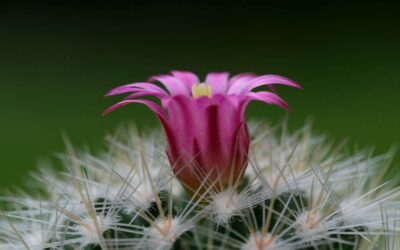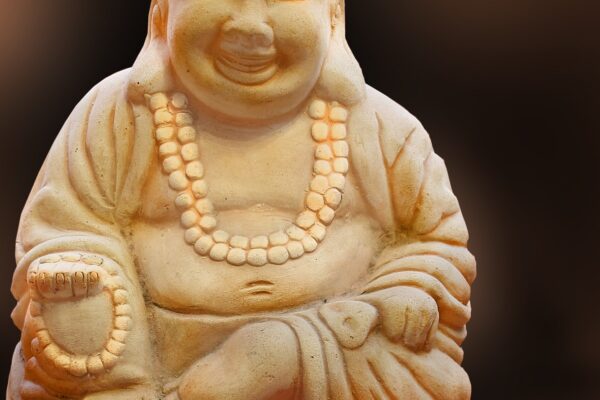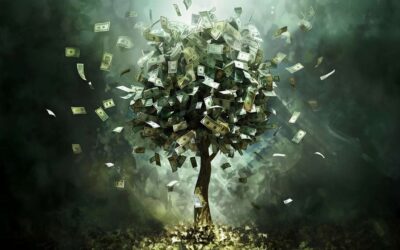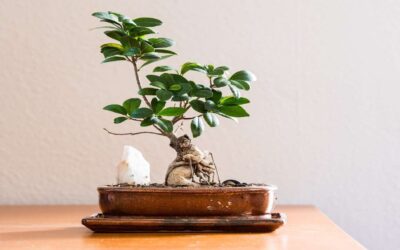
Tag: Positive energy

How to Use Water Fountains According to Feng Shui: A Guide to Bringing Prosperity and Balance to Your Space in New Year 2025
Using Water Fountains According to Feng Shui: A Guide to Bringing Prosperity and Balance to Your Space Water fountains are popular in Feng Shui for their ability to attract prosperity, create balance, and promote a tranquil environment. Water is a powerful symbol in Feng Shui, representing wealth, abundance, and life force energy (often called “chi”). When used thoughtfully, water fountains can enhance the positive energy flow in a space, benefiting your overall well-being, harmony, and financial luck. This guide explores how to use water fountains according to Feng Shui principles to maximize their potential in your home or office. Why Water Fountains Are Powerful in Feng Shui In Feng Shui, water is associated with abundance, prosperity, and the constant flow of positive energy. Flowing water in a fountain represents movement, inviting new opportunities and resources into one’s life. The sound and presence of water are also believed to soothe the mind and improve mental clarity, making fountains ideal for both home and work environments. Fountains are especially favored for their calming and gentle energy. Unlike other decorative elements, they’re dynamic and ever-flowing, symbolizing renewal and continuity, two important aspects of growth in Feng Shui. When placed correctly, water fountains can create a nurturing environment that enhances the energy of a room, attracts prosperity, and balances other elements in the space. Ideal Locations for Water Fountains for Wealth and Prosperity The placement of a water fountain is key to its effectiveness in Feng Shui. Some of the best locations we suggest are here: 1. The Wealth Area (Southeast) The Southeast corner of a space is the traditional wealth and prosperity area in Feng Shui. Placing a water fountain here is thought to activate wealth energy, encouraging financial growth and abundance. 2. The Career Area (North) The North area of your home or office is associated with career growth and life path in Feng Shui. A water fountain here can bring opportunities for career advancement, new job prospects, and professional success. 3. The Entryway Positioning a water fountain near the front entrance of your home is a popular Feng Shui practice, as it symbolizes welcoming positive energy into your life. The flowing water attracts beneficial chi from outside and invites it to circulate throughout your space. Places to Avoid for Water Fountains in Feng Shui Certain areas are considered less suitable for water fountains in Feng Shui. Here’s where to avoid placing them: Choosing the Right Water Fountain for Feng Shui When selecting a water fountain for your space, certain qualities enhance its Feng Shui energy. Here are some Tips for choosing the right water fountain: 1. Material and Style Choose a fountain made of natural materials like stone, ceramic, or metal, which align well with Feng Shui principles. Avoid plastic fountains, as they lack grounding energy. A classic, simple design is often more effective than overly elaborate or flashy styles, as it promotes a calm, inviting energy. 2. Size and Scale The size of your fountain should be proportional to the space it occupies. For smaller spaces, a tabletop fountain can work well, while larger rooms may benefit from a more prominent floor fountain. Make sure the fountain doesn’t overwhelm the room or create excessive noise, as these can disrupt the balance of energy. 3. Cleanliness and Maintenance A dirty or stagnant fountain disrupts the flow of chi, so regular maintenance is essential. Clean the fountain often to prevent algae buildup and ensure the water flows smoothly. This upkeep keeps the energy in your space fresh and prevents any blockages that could hinder the flow of positive energy. Enhancing the Energy Around Your Water Fountain Consider these additional Feng Shui enhancements to boost the positive energy around your fountain: Final Thoughts Incorporating a water fountain into your Feng Shui setup can be a beautiful and effective way to bring balance, harmony, and prosperity to your space. By carefully selecting the right location, size, and style, and by keeping the fountain clean and well-maintained, you invite a flow of positive energy that can enhance various aspects of life. Water fountains in Feng Shui are not just decorative pieces; they’re powerful tools that support your intentions and create a nurturing environment. Whether you’re seeking wealth, career success, or a sense of peace, a thoughtfully placed water fountain can help you channel the energy you need into your space and life.

7 Unknown Secrets of Laughing Buddha: How to Use His Energy for Wealth and Well-being”
The Laughing Buddha: Symbolism, History, and How to Invite Prosperity into Your Life The Laughing Buddha, also known as “Budai” or “Hotei” in Chinese and Japanese traditions, is a beloved figure symbolizing happiness, abundance, and good fortune. With his joyful expression and round belly, he stands as an icon of positivity in homes, businesses, and spiritual spaces across the world. But who exactly is the Laughing Buddha, and why is he so widely cherished? In this article, we’ll explore the origins of the Laughing Buddha, his symbolism, and the ways to bring his joyful energy into your life. 1. Who is the Laughing Buddha? Origins and Legend The Laughing Buddha is not to be confused with Siddhartha Gautama, the founder of Buddhism. Instead, he is often identified as a monk named Budai (Hotei in Japan) who lived during the 10th century in China. Known for his eccentric personality, Budai was loved by the people for his cheerful disposition, generosity, and wisdom. His image is usually that of a portly, bald monk with a big smile and a large belly—a symbol of contentment and abundance. According to legend, Budai was a wandering monk who carried a cloth sack filled with gifts and sweets for children, symbolizing his role as a bringer of happiness. Over time, his image evolved, and he became associated with the Maitreya, the “future Buddha” who is prophesied to bring enlightenment and peace. Today, the Laughing Buddha is celebrated as a symbol of joy, wealth, and success. 2. Symbolism of the Laughing Buddha The Laughing Buddha is laden with symbols that represent different forms of abundance and well-being: 3. Different Forms and Meanings of the Laughing Buddha The Laughing Buddha can be depicted in various poses and with different objects, each carrying a unique meaning: 4. Using the Laughing Buddha in Feng Shui In Feng Shui, the Laughing Buddha is a popular symbol for attracting positive energy and good fortune. Here are some tips on placing the Laughing Buddha in your home or workspace: 5. How to Choose Your Laughing Buddha Choosing the right Laughing Buddha for your space depends on your personal goals. Whether you are looking for joy, financial success, or inner peace, there is likely a specific representation of the Laughing Buddha that aligns with your intentions: 6. Myths and Beliefs Surrounding the Laughing Buddha The Laughing Buddha is steeped in numerous myths and beliefs that add to his mystique: These myths reinforce the Laughing Buddha’s role as a bringer of good fortune and as a reminder to live with joy, gratitude, and kindness. 7. Incorporating the Laughing Buddha into Daily Life Beyond being a decorative piece, the Laughing Buddha serves as a spiritual and motivational symbol: Conclusion The Laughing Buddha is much more than a cheerful figure; he represents a lifestyle of joy, resilience, and gratitude. Bringing a Laughing Buddha into your space can be a powerful reminder to focus on the positive, stay grounded in happiness, and appreciate life’s blessings. Whether you seek good fortune, family happiness, or inner peace, the Laughing Buddha is a beautiful symbol of abundance and a powerful tool for mindfulness and positivity.















